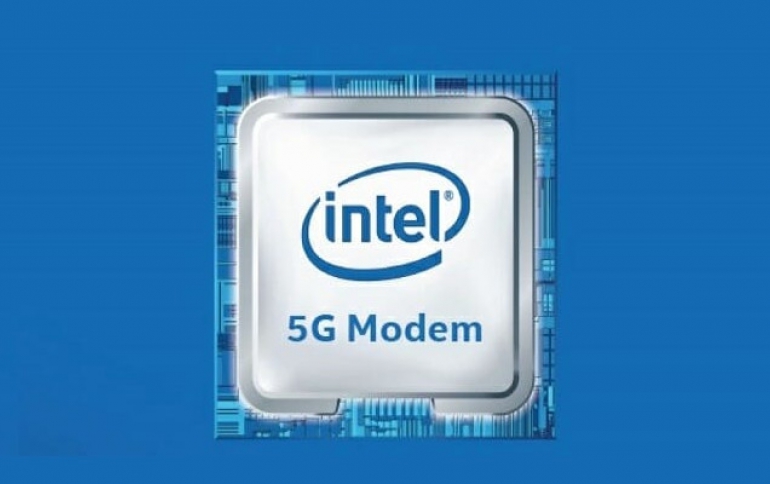
Intel Said to End 5G modem Alliance with Tsinghua Unigroup's Unisoc
Intel has reportdly ended a partnership to share its latest 5G modem chips with China's second largest mobile chipmaker Unisoc, a unit of the state-backed Tsinghua Unigroup.
The decision to end the Unisoc partnership was "just made recently," said Robert Topol, general manager of Intel's 5G Strategy and Program Office, in briefing at this year's MWC Barcelona. "We decided mutually that we would not continue the partnership."
Unisoc declined to comment on the Intel partnership.
Intel's alliance with state-backed Unisoc was announced last year described as a "multiyear" venture that would give it access to China's massive chip market, while the technology transfer partnership was seen as important to Beijing's ambitions to build a cutting edge domestic chip industry.
However the partnership has collapsed, Nikkei Asian Review reports, signaling that Washington's campaign to contain China's dominance of high tech industries is having an effect. The U.S. has barred public agencies from using devices or equipment from certain Chinese companies and is lobbying allies to block Huawei, China's telecommunications equipment provider, from next generation 5G infrastructure.
Intel had previously said that its partnership with Unisoc remained in place despite the political pressure.
In 2014, Intel invested $1.5 billion for a 20% stake in the Tsinghua Unigroup subsidiary that controls Unisoc.
Unisoc hoped that the partnership would help it to close the technology gap with industry rivals Qualcomm and MediaTek. Intel had also hoped to expand its mobile business, which has long trailed in China, through Unisoc's ties with Beijing.





















